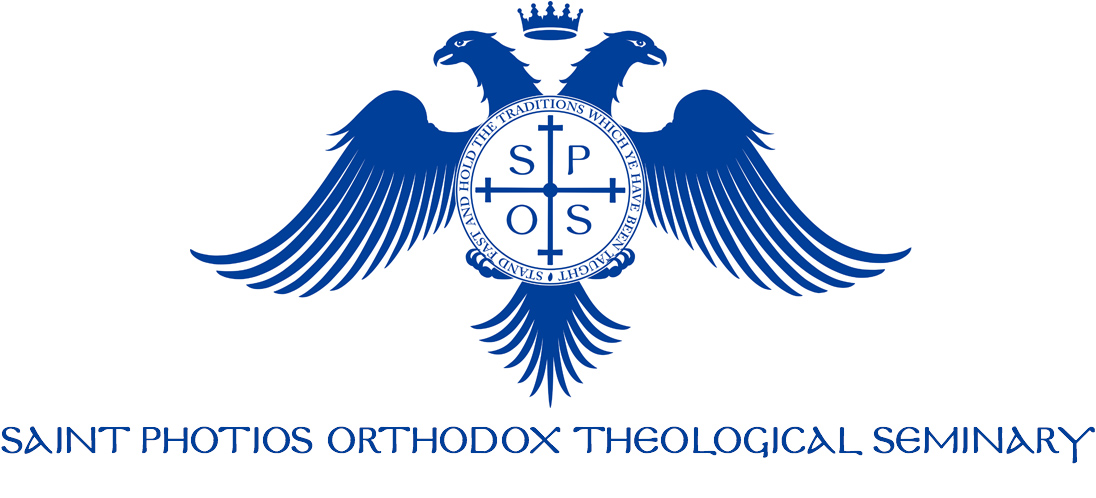Forty Day Memorial Service
- Details
- Created on Tuesday, 04 May 2010 21:42
Q. Can you please explain the significance of the forty day memorial service? An Evangelical family asked one of our relatives that question. We said that it’s best to ask a clergy member. Thank you in advance for your response. (We will forward it to them as soon as possible).
-P. & M. G.
A. In the Orthodox Church we observe those traditions which have been handed down to us since antiquity. We have examples of prayers for the dead from the Old Testament in 2 Maccabees (12:42-54) and St Paul’s 1st Epistle to Timothy (1:16-18) where St Paul prays for Onesiphorus, who had died; that “The Lord grant unto him that he may find mercy of the Lord in that day.” The Apostolic Constitutions (8:41-42) prescribe prayers to be said for the dead on the third, ninth and fortieth days after death and on the anniversary. The Liturgy of the Apostle James, the Brother of the Lord (generally believed by scholars to be largely formed during the 2nd century) offers a prayer that God will “grant rest there in the land of the living” to the righteous deceased “who are of the true faith.” In the Epistle of St. Polycarp, disciple of St. John the Evangelist mention is made of a self-composed epigraph by St Aberkios, Bishop of Hierapolis (+175 AD) which asks Christian passers-by to pray for him. In many Roman catacombs from the 2nd century AD similar inscriptions can be found. The early Church writer Tertullian in his work De corona militis, written in 204 AD mentions Christian offerings for the dead as a long-standing custom and not something newly-invented.
So, we see that prayers for the dead existed even as far back as the Old Testament and continued until the time of the Apostles and the Apostolic Fathers. The Septuagint translation of the Old Testament was the one which the authors of the New Testament were familiar with regardless of whether or not modern-day Protestants have rejected certain books (like Maccabees) because they do not agree with their theology; they were a part of the mindset of the Apostles and the early Church.
Submit your own questions to This email address is being protected from spambots. You need JavaScript enabled to view it..
Orthodox Awareness
The Problem of Conservative New Calendarism
A talk delivered by Fr. Maximus (Marretta) to the Inter-Orthodox Conference "Orthodoxy and Modern Ecumenism," University of Chicago, March 5/18, 2007. Read more...
Missions
Saints Peter and Paul Orthodox Mission, Tucson, Arizona
Saints Peter and Paul Orthodox Church is a beautiful mission parish near downtown Tucson, a city in southern Arizona. It was started in 1997 by Father John Bockman, who was a missionary Priest formerly serving missions in Tennessee and Massachusetts since 1990. Father John served the faithful in Tucson and the surrounding area in his home Chapel until his repose in November of 2000. His wife, Presbytera Valerie, continued to make her home Chapel available for the mission, with clergy from Saint Nectarios Orthodox Church in Seattle and His Eminence, Metropolitan Moses of Toronto (then of Portland), visiting to provide the Divine Services.
Read more...Youth
2025 Youth Conference
Please join us for the 2025 youth conference in Toronto, Ontario, Canada! To learn more, visit the conference website.
Ask A Priest
Is the GOC Insular?
Q. In considering becoming part of the GOC in America, I am getting warnings from various circles that the attitude of GOC people is that of being “walled off,” “arrogant,” “judgmental,” and “in your face” toward those not in the Genuine Orthodox Church, with accusations such as “World Orthodox” priests are “not even Christians” and the like. Could you give me your personal, realistic assessment of this dynamic and possibly refer me to an official statement on how GOC members should and do relate to and communicate with those in “World Orthodoxy”? Read more...





